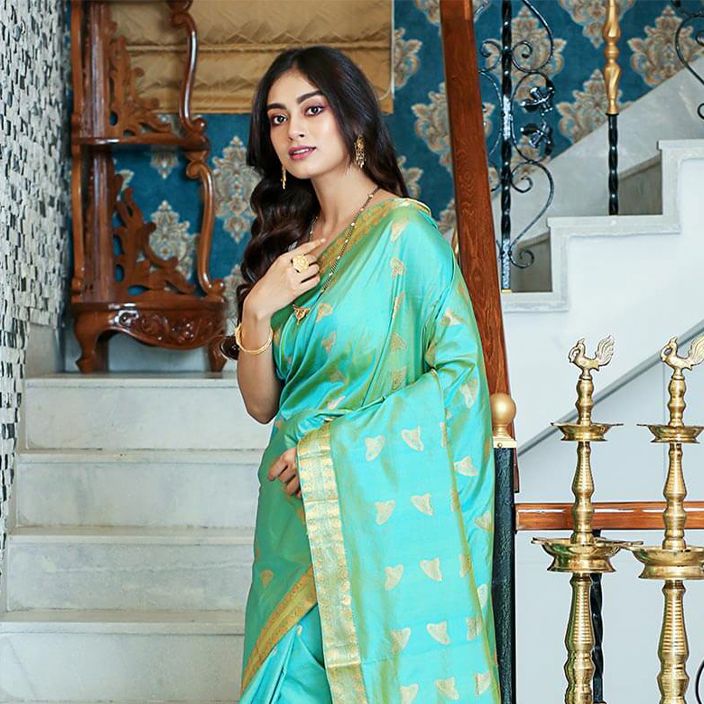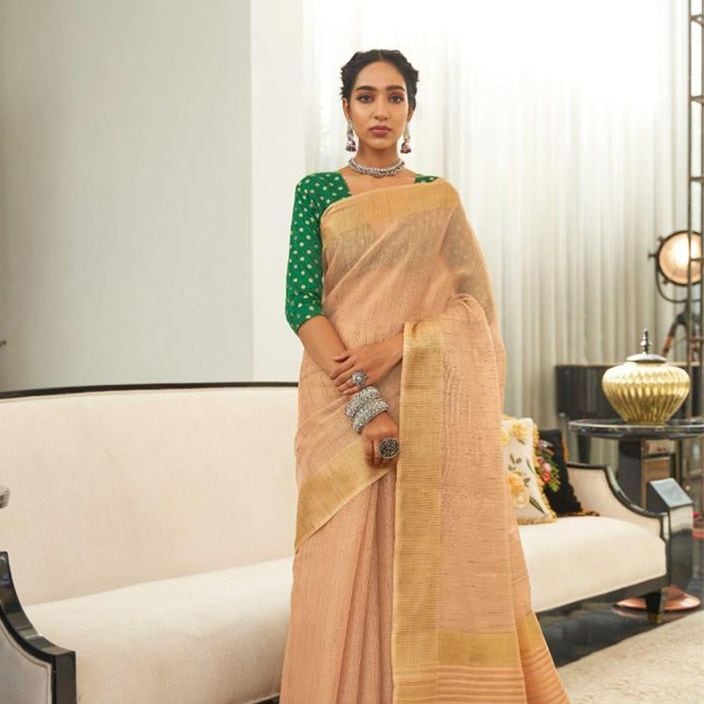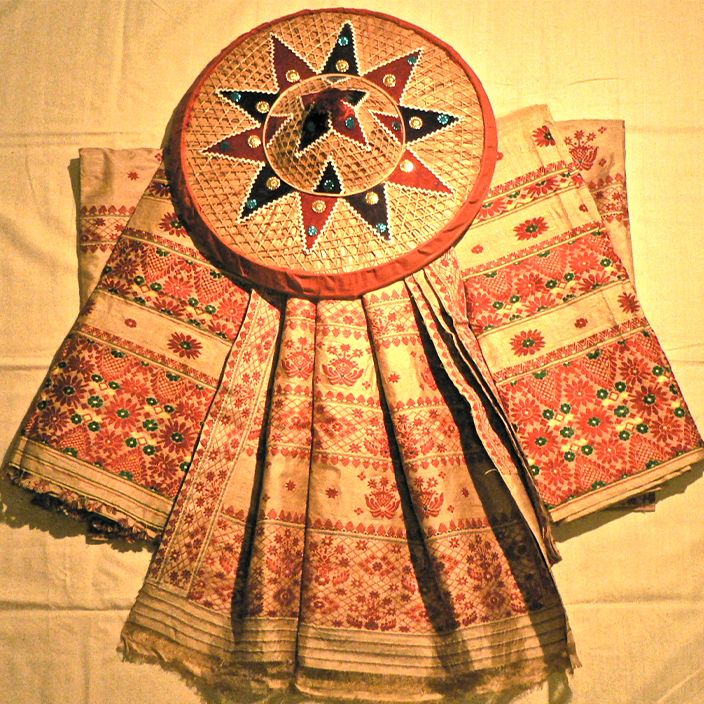For best prices and early deliveries, WhatsApp us at. 918488070070
Assam
One of the Seven Sisters of India, Assam is a growing state with deep-sunken cultural roots. It is relatively well-known for its beautiful scenery, thriving forests, magnificent cuisine, language, and elegant traditional attire. Assam is a truly diverse state with various races present — Indo-Burmese, Indo-Iranian, Mongolian and Aryan. Rich and exotic, it’s home to tribes like Karbi, Dimasa, Mishing, Kachari, Rabha, Miri, and Bodo, all of them coexisting together. In Assam, tribal and local attire go hand in hand, with a formidable sense of mutual respect for the other as they coexist in the same place. Tribal attire varies according to the concerned tribe as each of these communities have their own rich history and culture that cannot be simplified as one single piece. However, the state’s most populous tribes have taken traditional clothing and made it entirely their own with how it is made and worn. An example of the same can be Assam’s Bodo tribe. There are primarily two traditional outfits adorned by the Assamese - one for men and the other for women.
Traditional Clothing Of Assam
Men
Men wear a dhoti and gamosa, both culturally significant in the state and country, giving them an inherent sense of pride in wearing them. A dhoti is worn as bottom wear, resembling a pair of loose trousers that are knotted in the front or back. Gamosa is usually white with red-coloured embroidery on three sides and beautiful motifs on the fourth side. It is a rectangular-shaped piece of cloth that is carried to urge people to be respectful and grateful. The cloth is versatile as it can be transformed into a waistcoat or used to wipe/clean.
The people of the Bodo tribe prefer to dress simply. Men can be observed donning a gamosa, which they use to cover their body underneath the waist portion, up to the knee. Their upper halves are not covered as they believe that it’s meant to be bare. Modern changes have been brought into the fold, with men starting to prefer shirts.
Women
Women are seen wearing the mekhela chador, which is identical to a saree. It has two pieces — the upper piece is called chador, and the bottom piece is called mekhela. The mekhela is a long fabric draped from the waist downwards and then pleated and tucked in. A chador is also a long piece of cloth worn with triangular folds of which only one end is tucked into the mekhela.
Another notable attire is that of the Mishing tribe. Women respectfully wear the mekhela chador, known as ‘yakan age-gassar’ by the tribe. They add their own twist to it by using vibrant colours like red and yellow. The men wear a ‘gongru ugon’, which is the tribe’s own version of a dhoti and gamosa. But, they cover their chests with a shirt-like dress called ‘mibu galuk’.
Staple Jewellery & Accessories
Throughout the years, Assam has continued to build and strengthen its cultural identity. This has only been made possible with their booming fashion industry that specialises in silk. While North East India will always be considered a land of mystery in more ways than one,
the rich and distinguished culture of the Assamese will always have a story to share.
Fashion Evolution
Techniques like chikankari and zari work have become dynamic, with changes being made to the latest trends and colours in demand by women.
The people of Uttar Pradesh have not confined themselves to essential traditional wear but have combined it with the Western clothing style.
This is mainly referred to as indo-western wear, which has become a phenomenal development in India. It is modern and perfect for all kinds of occasions so that one can never be too underdressed or overdressed.
The fashion evolution of Assam, encompassing Arunachal Pradesh, is characterized by a rich tapestry of indigenous fabrics, such as Muga silk and Eri silk, and traditional weaving techniques that have been passed down through generations, showcasing the region's cultural heritage and identity.


